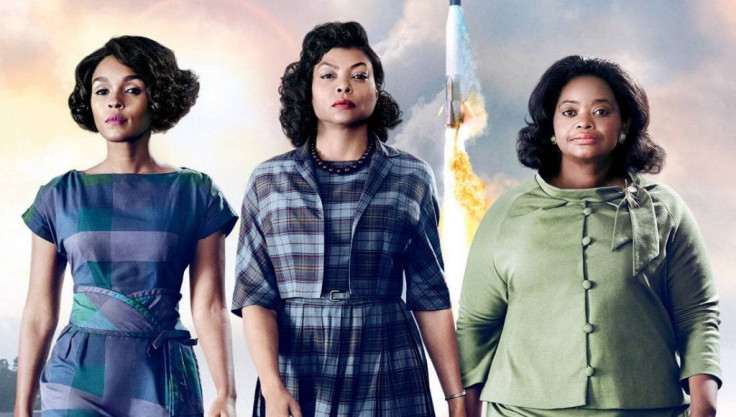Black History Month 2021: 12 Interesting Facts About This Important Cultural Heritage Celebration

Black History Month is observed every February, offering a time to educate one's self on the great contributions and achievements of the African-American community.
In celebration of Black History Month, here are 12 facts and events to remember.
1. Where it all started
The origins of Black History Month can be traced back to 1915, 50 years after the 13th Amendment ended slavery, according to History.com. In this year, historian Carter G. Woodson co-founded the Association for the Study of Negro Life and History as an answer to the lack of information on the accomplishments of Black people available to the public.
Woodson established Negro History Week in 1926, and it later expanded into Black History Month in 1976, per CNN.
2. Its objective
The objective of Negro History Week, according to Woodson, was to recognize the accomplishments of Black people. He believed "the achievements of the Negro properly set forth will crown him as a factor in early human progress and a maker of modern civilization," according to History.com.
3. Dates matter
Woodson chose the second week of February to celebrate Black History Month because it marks the birthdays of two significant men who greatly influenced the Black population -- Frederick Douglass and Abraham Lincoln.
4. Remembering heroes
Although Rosa Parks is recognized as one of the people who sparked the civil rights movement by refusing to give her seat up to a white man, another Black woman also did the same thing. Claudette Colvin, then 15 years old, asserted her right as a free citizen by staying seated in a bus nine months before Parks' incident, per NPR.
5. Black History Month became officially recognized in 1976
President Gerald Ford officially recognized Black History Month in 1976. He called upon the public to “seize the opportunity to honor the too-often neglected accomplishments of Black Americans in every area of endeavor throughout our history.”
6. First lawyer
John Mercer Langston became the first Black man to become a lawyer when he passed the bar exam in Ohio in 1854. The following year, he became one of the first Black Americans to get elected to public office. Langston is also known to be the great-uncle of Langston Hughes, one of the most famous poets of the Harlem Renaissance.

7. First woman representative
Among history's numerous strong African-American women is Shirley Chisholm of New York, who, in 1968, became the first Black woman to get elected to the House of Representatives. In 1972, Chisholm also became the first Black major-party candidate to run for president and the first woman ever to run for the Democratic Party's presidential nomination.
8. Black billionaires
Oprah Winfrey and Michael Jordan are only two of the many inspirational African-Americans, and both are self-made billionaires. They joined the billionaires' club alongside BET co-founder Robert Johnson, who became the very first Black American billionaire in 2001.
9. Breaking barriers
In 2008, Barack Obama became America's first Black president -- signifying a great shift in the history of the country and empowerment to the community.
10. Breaking glass ceilings
Following the November 2020 elections, Kamala Harris became the first woman, first Black American and first South Asian American to hold the position of vice president. Harris' mother came from India, while her father immigrated from Jamaica.
11. Progressive changes
Schools and businesses offer Black-history-themed meals, plays, lectures and quizzes during Black History Month. Meanwhile, major brands usually release clothing and content that aim to raise awareness for Black History Month in February each year.
12. Population growth
In 2018, the population of Black Americans reached 43.8 million—a great change compared to the 4.8 million population the country had in 1870.
© Copyright IBTimes 2025. All rights reserved.





















